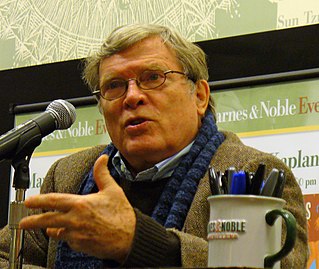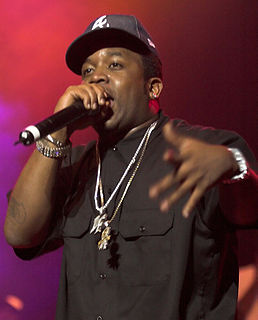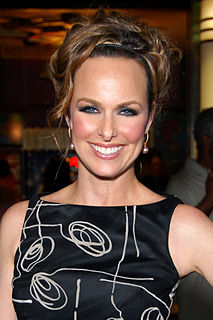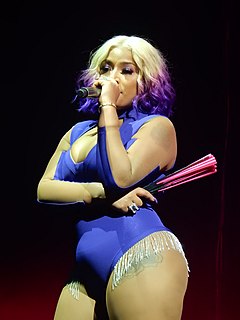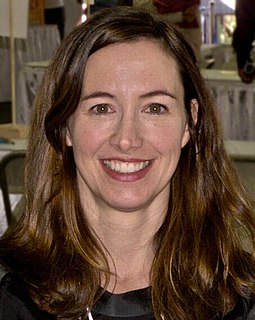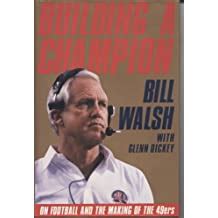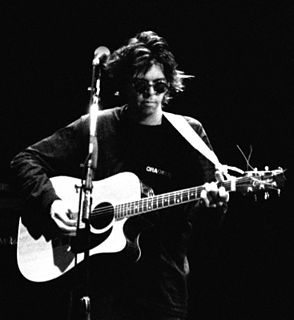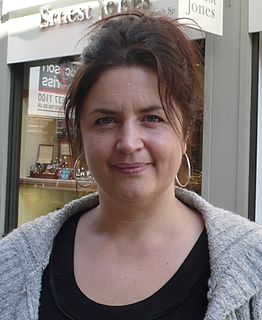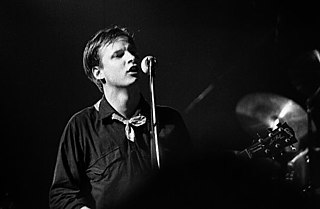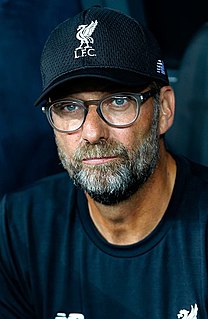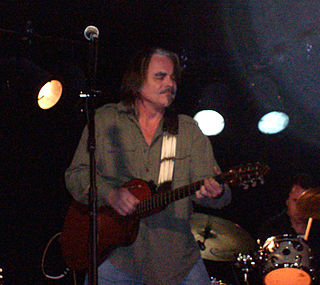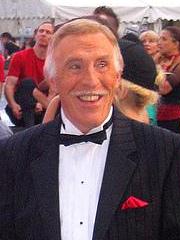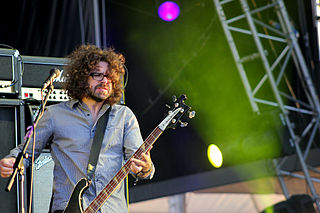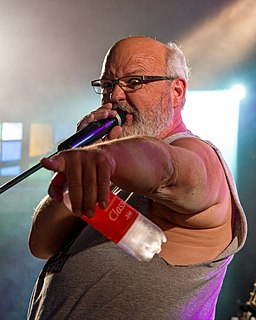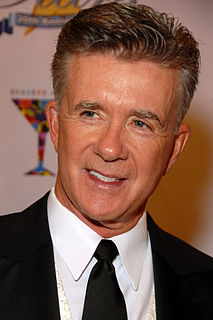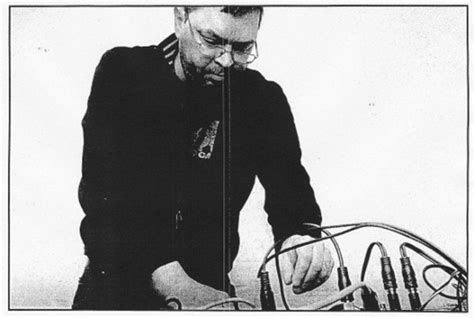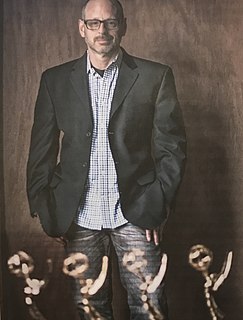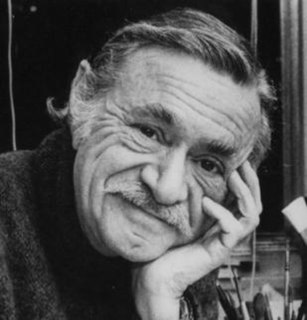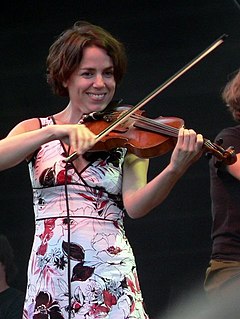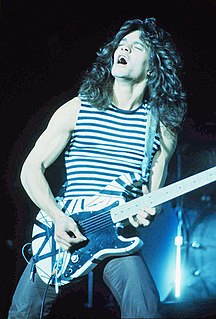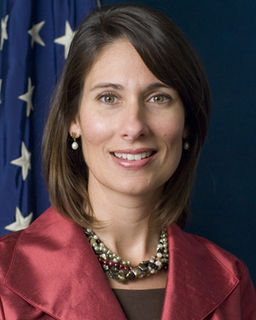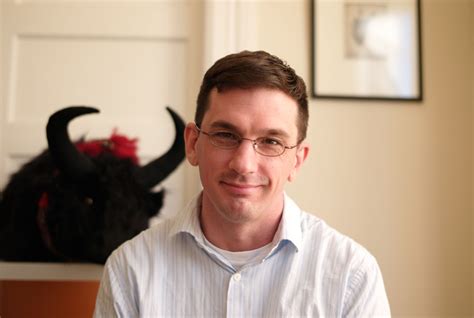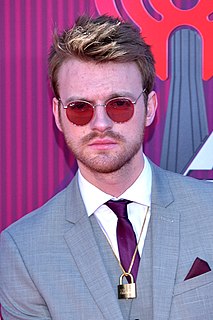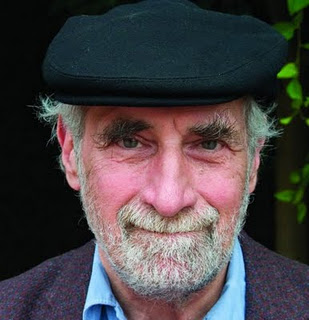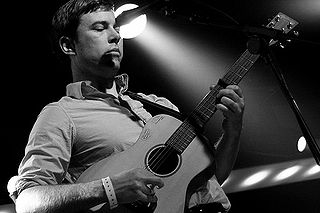Top 167 Recorder Quotes & Sayings - Page 3
Explore popular Recorder quotes.
Last updated on April 21, 2025.
I am an idealist. I often feel I would like to be an artist in an ivory tower. Yet it is imperative that I speak to people, so I must desert that ivory tower. To do this, I am a journalist - a photojournalist. But I am always torn between the attitude of the journalist, who is a recorder of facts, and the artist, who is often necessarily at odds with the facts. My principle concern is for honesty, above all honesty with myself.
Can you stop your memory on a dime, put it in reverse, and spin it in another direction the way you can reverse direction on a tape recorder? We cannot forget on command. So we just have to let the forgetting happen as it will; we shouldn't rush it, and we certainly should not doubt the genuineness of our forgiving if we happen to remember. The really important thing is that we have the power to forgive what we still do remember.
To us, the difference between the #? photographer as an individual eye and the photographer as an objective recorder seems fundamental, the difference often regarded, mistakenly, as separating photography as art from #? photography as document. But both are logical extensions of what photography means: note-taking on, potentially, everything in the world, from every possible angle.
I have a tape recorder, and I just sing into it. I like to write that way. Sometimes I'll just get melodic ideas, and then I'll go home and sit down and add the lyrics. Or sometimes I'll get a lyric idea that I love. Usually it's pretty combined. Usually I get some kind of a lyrical concept and a melody and work with that.
Like with me, like around '97, for Christmas my parents bought me an MPC 2000 sampler and a little eight-track cassette recorder. And I started sampling records and, you know, producing hip-hop beats. And it got to the point where I realized - I innately realized that the music I liked the most was made by people that played instruments.
[MTV] just wanted a regular person that knew a decent amount about music.I'm so used to doing solitary interviews. You have some control - it's quiet, it's just you with your tape recorder and the person. Then when I was in front of the camera, I broke out in hives, which I continued to do well after I got the job.
I'd been on everybody else's show and there was always a preinterview. Somebody would come with a tape recorder and you'd talk for three or four hours, and they'd take it back and it would be transcribed, and it would be given to the writers, those many writers you see on all those shows, Larry King, Letterman, Leno, etc. And then they choose the answers that will be most evocative on their show.
When I give a speech at a corporate event, I often ask those in attendance, 'Do you know how to tell if you're doing the job?' As heads start whispering back and forth, I provide these clue: 'If you're up at 3 A.M. every night talking into a tape recorder and writing notes on scraps of paper, have a knot in your stomach and a rash on your skin, are losing sleep and losing touch with your wife and kids, have no appetite or sense of humor, and feel that everything might turn out wrong, then you're probably doing the job.'
My first synthesizer was the VCS3. I got it in Bristol in the late Sixties, long before Pink Floyd used them. I had to sell an acoustic guitar and an old reel-to-reel tape recorder to raise the money. You can do fantastic things with modern computers, but you cannot use them in the same intuitive, spontaneous way you can a VCS3.
I hate the sound of my own voice. It's just up there, sort of naked and exposed. Live is hard, because on my records, I play almost everything on a lot of stuff. In a live situation, I can't control everything. I use two different microphones. One is just clean, traditional sound, and the other one is basically a cheap cassette-recorder microphone that goes through a distortion box to emulate my voice on the record. That helps some.
There's always this talk of the industry of music and about selling records and whatever, but that ignores probably the majority of music that isn't about trying to sell itself, that isn't about being connected to any industry. There's a huge amount of music where someone just happened to have a tape recorder and turned it on or hit the red button while they were in the back of church or recording something in their front room.
I think there is an enormous diference between speaking and writing. One rereads what one writes. But one might read it slowly or quickly. In other words, you do not know how long you will have to spend deliberating over a sentence. ... But if I listen to a tape recorder, the listening time is determined by the speed at which the tape turns and not by my own needs.
When I started analysing games in 2001, I had a DVD recorder. I'd be at home watching the games just on a normal TV, watching what I could and trying to figure out what we would be facing a few weeks later. The problem was, in the team meetings, I'd always have to keep going back and forwards with the footage, trying to get to the right part.
I first started doing some somewhat technology-based shows in the '80s. If you wanted to get real technical about it, back in the '70s I used to open up with Utopia with just me on the stage with a four-track tape recorder. So, technically, I've been using the help of various devices pretty much throughout my career.
Usually it's lyric first, but sometimes it's melody. And I carry a hand-held recorder everywhere I go so I can just hum or whistle a melody if one hits me. Sometimes it's both simultaneously - lyric and melody at the same time - those are a little confusing to me, but sometimes it comes in that form. I just feel like I have my own little radio station and sometimes the static clears and something beams in from out there.
When I made my first film, I think the thing was probably helped me the most was that it was such an unusual thing to do in the early 50s for someone who actually go and make a film. People thought it was impossible. It really is terribly easy. All anybody needs is a camera, a tape recorder, and some imagination.
After discovering the Ramones, I discovered really crude ways to multi-track by taking another cassette recorder and plugging that into the eight-track, playing it back, so that as I was recording with the mic in my guitar, I could have another cassette player I had recorded on feeding into the recording.
The key to writing for Richard (Pryor) was to just push his buttons and then know when to push the buttons on your cassette recorder. You'd get him started, then surreptitiously start recording when he got inspired and started walking around the room and improvising in character. Then you'd get it all transcribed and take credit for it.
In the 80s, if you wanted to make electronic music, it was a much tougher and more expensive process. For many people it would involve either spending loads of money on gear or else cutting demos in a proper studio. But I had this Casio keyboard and tape recorder and used to do stuff in my bedroom - I'd listen to Mantronix and all that. That was what I had so that's what I used.
I wanted to be a broadcaster, sportscaster, or gameshow host from a very early age. I did my first broadcasting when I was 10 or 11 - into a tape recorder for my brother's football game, and for local events. A local radio station was experimenting with high school disc jockeys for rock and roll shifts - I applied - and got the job.
To me, one of the greatest triumphs in doing a book is to tell the story as simply as possible. My aim is to imply rather than to overstate. Whenever the reader participates with his own interpretation, I feel that the book is much more successful. I write with the premise that less is more. Writing is not difficult to me. I read into a tape recorder, constantly dropping a word here and there from my manuscript until I get a minimum amount of words to say exactly what I want to say. Each time I drop a word or two, it brings me a sense of victory!
My dad used to do a lot of music when he was young, so he had an 8-track MiniDisc recorder, and when he realized that I was getting on with it, he brought it upstairs to my room and showed me how to record and how, once you finished eight tracks, you can cut it down to two and have another six tracks to play with.
I got a new 4-track cassette recorder a year or so after high school. For a while I would just stare at it thinking, how am I going to do this if I don't play guitar or keyboards? How am I going to write and record a song if I don't know how to play any instruments? I mean, I played the violin, but I didn't know anything about how to work a 4-track.
Somebody talked me into writing an autobiography about six or seven years ago. And I said I'd try. We talked into a tape recorder, and after a couple of months, I said, To hell with it. I was so depressed. It was like saying, 'This is the end.' I was more interested in what the hell was coming the next day or the next week.
The mystery lies in the here and now. The mystery is: What is one to do with oneself? As you get older you begin to realize the trick time is playing, and that unless you do something about it, the passage of time is nothing but the encroachment of the horrible banality of the past on the pure future. The past devours the future like a tape recorder, converting pure possibility into banality. The present is the tape head, the mouth of time. Then where is the mystery and why bother kicking through the ashes? Because there is a clue in the past.
It takes four angels to oversee an apocalypse: a recorder to make the book that would be scripture in the new world; a preserver to comfort and save those selected to be the first generation; an accuser to remind them why they suffer; and a destroyer to revoke the promise of survival and redemption, and to teach them the awful truth about furious sheltering grace.
In 1968 I ran into Steve Lacy on the street in Rome. I took out my pocket tape recorder and asked him to describe in fifteen seconds the difference between composition and improvisation. He answered: "In fifteen seconds the difference between composition and improvisation is that in composition you have all the time you want to decide what to say in fifteen seconds, while in improvisation you have fifteen seconds." His answer lasted exactly fifteen seconds.
If you are recording, you are recording. I don't believe there is such a thing as a demo or a temporary vocal. The drama around even sitting in the car and singing into a tape recorder that's as big as your hand - waiting until it's very quiet, doing your thing, and then playing it back and hoping you like it - is the same basic anatomy as when you're in the recording studio, really. Sometimes it's better that way because some of the pressure is off and you can pretend it's throwaway.
I knew absolutely nothing about recording. I had this four-track recorder, and I'd plug my electric guitar right into it, which sounded real bad. I moved any fader that made a drastic change in sound. I thought that was cool - that it was communicating something. I didn't have the skills to do anything subtle. It was just like screaming.
... And we talk it out. Lately, I've had Roy Thomas come in, and he sits and makes notes while we discuss it. Then he types them up, which gives us a written synopsis. Originally - I have a little tape recorder - I had tried taping it, but then I found no one on staff has time to listen to the tape again later. But this way he makes notes, types it quickly, I get a carbon, the artist gets a carbon ... so we don't have to worry that we'll forget what we've said.
